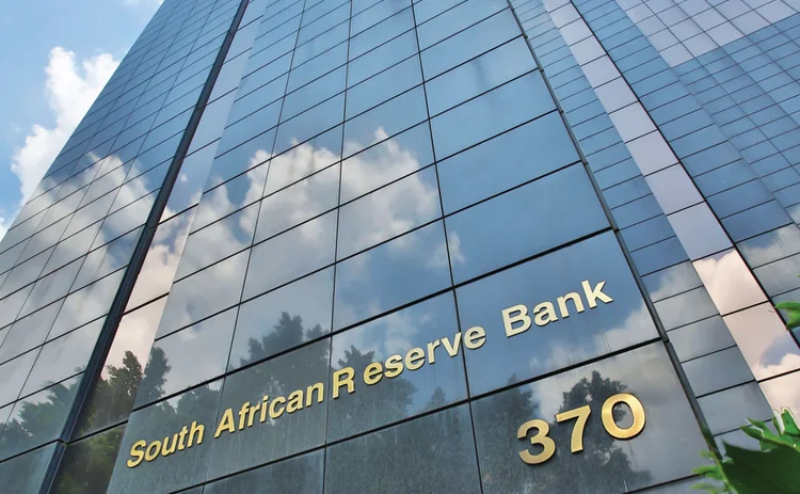South African Reserve Bank expands payment system access to fintechs
Postado por Editorial em 22/08/2025 em TECH NEWSNew framework allows non-bank financial technology providers direct participation in the National Payment System, under proportional regulatory requirements designed to preserve stability and enable broader inclusion.

Photo:Elske Photography.
The South African Reserve Bank (SARB), the country’s central bank and regulator of monetary and financial stability, has confirmed that non-bank financial technology companies will be allowed direct access to the National Payment System (NPS) for the first time. The NPS is the core infrastructure for clearing, settlement and the transfer of value in South Africa’s financial sector, and participation has historically been limited to licensed banks.
This development forms part of SARB’s Payments Ecosystem Modernisation framework and is aligned with its Vision 2025 strategy, which seeks to update the structure of the payments market. By opening access to fintechs such as digital wallet providers, mobile money operators and third-party payment service firms, the central bank is reshaping how non-bank participants may engage directly in national payments infrastructure.
To address differences in scale and risk profile between banks and fintechs, SARB has adopted a proportionality principle, applying regulatory requirements that are tailored to the operational characteristics of non-bank providers. The Draft Directive issued in early 2025 outlines obligations including governance standards, capital adequacy, segregation of client funds, fit-and-proper criteria for directors, client consent protocols, and measures relating to anti-money laundering, cybersecurity and reporting. These provisions serve as interim legislation ahead of the revised National Payment System Act.
In parallel, SARB has also issued a Draft Exemption Notice under the Banks Act, which clarifies the scope of payment activities that fintechs may conduct without being licensed as banks. These activities include issuing e-wallets, facilitating instant payments, providing third-party payment services, and engaging in clearing and settlement functions.
The reforms come at a time when South Africa is seeking to broaden financial access. Despite a well-established banking sector, a significant portion of the population remains underserved or outside the formal system. Allowing fintechs into the NPS is expected to encourage new digital-first and lower-cost services that could expand access to payments and remittances.
South Africa now joins other jurisdictions, including the European Union, the United Kingdom and several Asian markets, that are revising payment system rules to incorporate fintech participation while maintaining systemic safeguards. According to SARB, the balance of enabling innovation while safeguarding financial stability will remain central as legislative reform of the payments regime moves forward.




